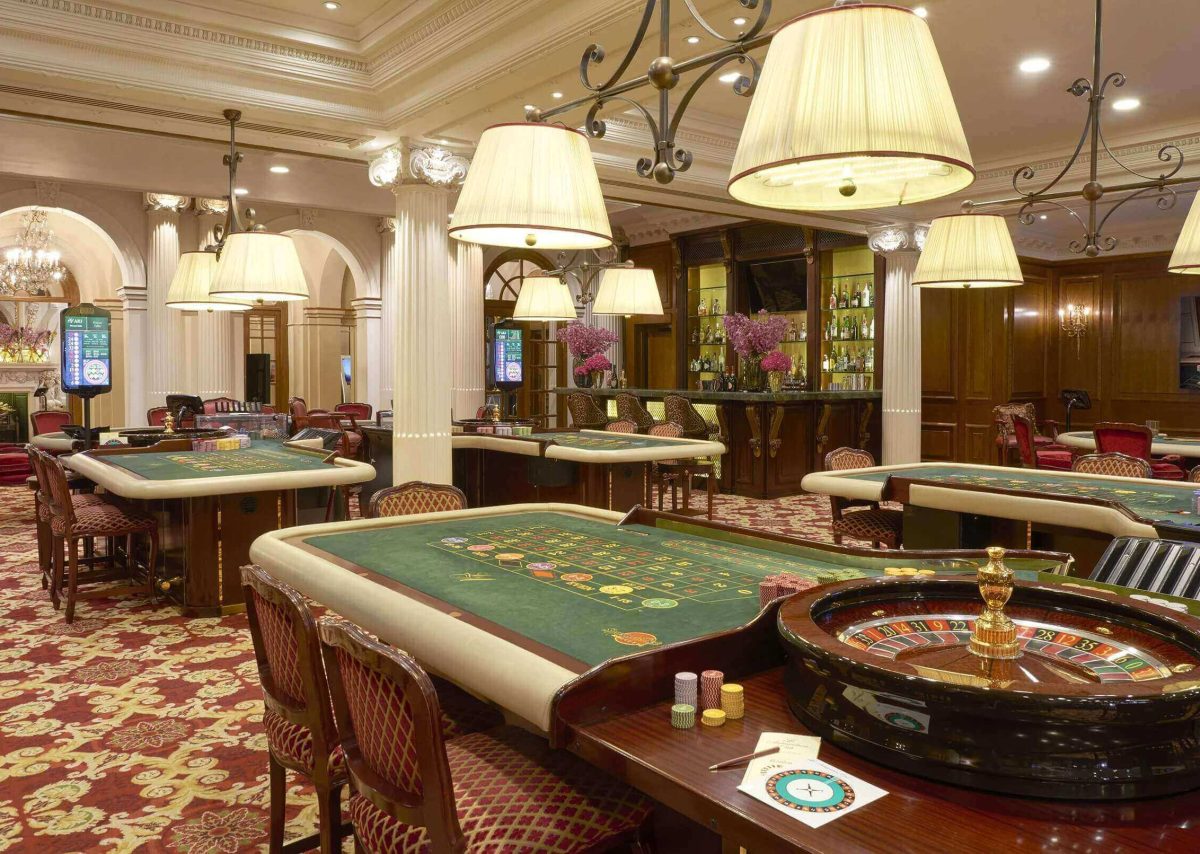Casino entertainment have long been a staple in human culture, providing not just entertainment but a fascinating reflection of our aspirations, ambitions, and anxieties. From the turning reels of a slot machine to the tactical play of poker, these games embody a spectrum of human feelings and events. At their core, casino games are more than a chance to earn cash; they are a microcosm of life itself, where risk and reward intertwine and fate can change in an instant.
As players convene around tables or sit in front of glowing machines, they engage in a ceremony that transcends mere gambling. These games reflect our natural desires for connection, excitement, and the search for fortune. They also reveal deeper truths about human behavior, such as our relationship with fate and the excitement of the unknown. In exploring casino games, we discover not only the mechanics of play but also the rich tapestry of the human journey, showcasing our woven narratives of aspiration and reality. https://rr88e2.com/
The Mind Behind Gambling
Gambling is intrinsically connected in the psyche of individuals, tapping into various feelings and wants. The thrill of risk-taking is a fundamental aspect that attracts participants, whether the thrill of spinning a roulette or the excitement of drawing a winning hand in a poker game. This adrenaline is frequently likened to other forms of thrill, as the unpredictability of outcomes triggers a unique psychological response. Gamblers often find themselves captivated by the possibility of striking it rich, leading to an almost magnetic draw toward casino games.
Additionally, a crucial component of the psychology behind gambling is the concept of optimism and ambition. Participants often nourish dreams of financial freedom and the luxurious lifestyle that can follow winning. This optimism fuels their continued participation in gambling, as it provides a sense of meaning and the conviction that a life-changing win could be just one bet away. The narrative of overcoming odds and achieving success resonates with many, strengthening their commitment to play and involve themselves with these games.
Finally, social aspects play a crucial role in gambling psychology. Gambling venues are designed to promote social interaction, where players gather to share the journey of wins and losses. This communal aspect not only enhances enjoyment but also influences behavior, as individuals often mimic the actions of others around them. The social validation found in mutual thrill can magnify the emotional experience, making casino games a reflection of not just personal desires but also collective engagement within the gaming community.
## The Dual Nature of Risk and Reward
Gambling activities embody the fragile balance between danger and reward that resonates profoundly with human psychology. The thrill of placing a bet is often accompanied by a rush of adrenaline, as participants are confronted with the chance of a huge payout, yet cognizant of the possibility to lose. This dual experience reflects a fundamental aspect of life: the decisions we face often come with inherent risks, and the chase for gain can drive us to make risky moves we might not normally consider. In this way, gambling activities echo real-world decisions, enticing gamblers to risk not just their money, but also their dreams.
The allure of jackpot prizes and payouts fuels a sense of optimism, motivating gamblers to dream of a brighter future that could manifest from a fortunate turn of the roulette or flip of a card. This positive outlook can motivate individuals to engage in riskier behaviors, encouraging them to take greater risks in search of financial gain. However, just as in life, the results of these decisions can lead to both victory and loss. The narratives of both big winners and those who have faced losses everything at the casino demonstrate the unpredictable nature of luck and its significant repercussions on our existence.
Ultimately, the experience of engaging with gambling activities serves as a vivid illustration of the nature of humanity. Every game played is loaded with the tension of uncertainty, as players weigh the rewards against the risks. This interaction not only highlights the thrill that comes with betting but also unveils the vulnerabilities that come with the desire for more. As we explore the complexities of choice and consequence in both the casino and in life, we find that the search for benefit shapes our sense of self and journeys in significant manners.
Society and Isolation in Casino Culture
Casino culture is a special blend of social interaction and individual pursuit, reflecting the tensions of individual experience. Players often gather around games, experiencing in the excitement of the action, rejoicing in wins, and sympathizing over losses. This social aspect is essential, as it creates a sense of community and bonding among varied groups of people. Regular visitors to casinos may build friendships and develop routines, turning the casino into a alternative home where they feel linked to a greater community of players.
However, the appeal of gambling games can also lead to isolation. As players become immersed in the thrill of gambling, they may isolate from personal connections or neglect to interact with the environment outside the casino. For some, the pursuit of a windfall can overshadow genuine relationships, leading to isolation. The situation of being among others yet experiencing solitary is not uncommon, as the focus shifts from collective fun to the private concerns of each individual’s path.
This interplay of society and solitude creates a vivid tapestry that defines casino culture. It highlights the intricacy of human interactions, where happiness and sorrow exist together. Gambling venues serve as both a refuge for social interaction and a platform for individual challenges, illustrating how deeply entwined our desire for companionship and the personal quest for wealth can be. In navigating this environment, players confront their own narratives—seeking both the thrill of the wager and the fellowship of fellow gamblers, eventually mirroring the broader spectrum of human experience.
